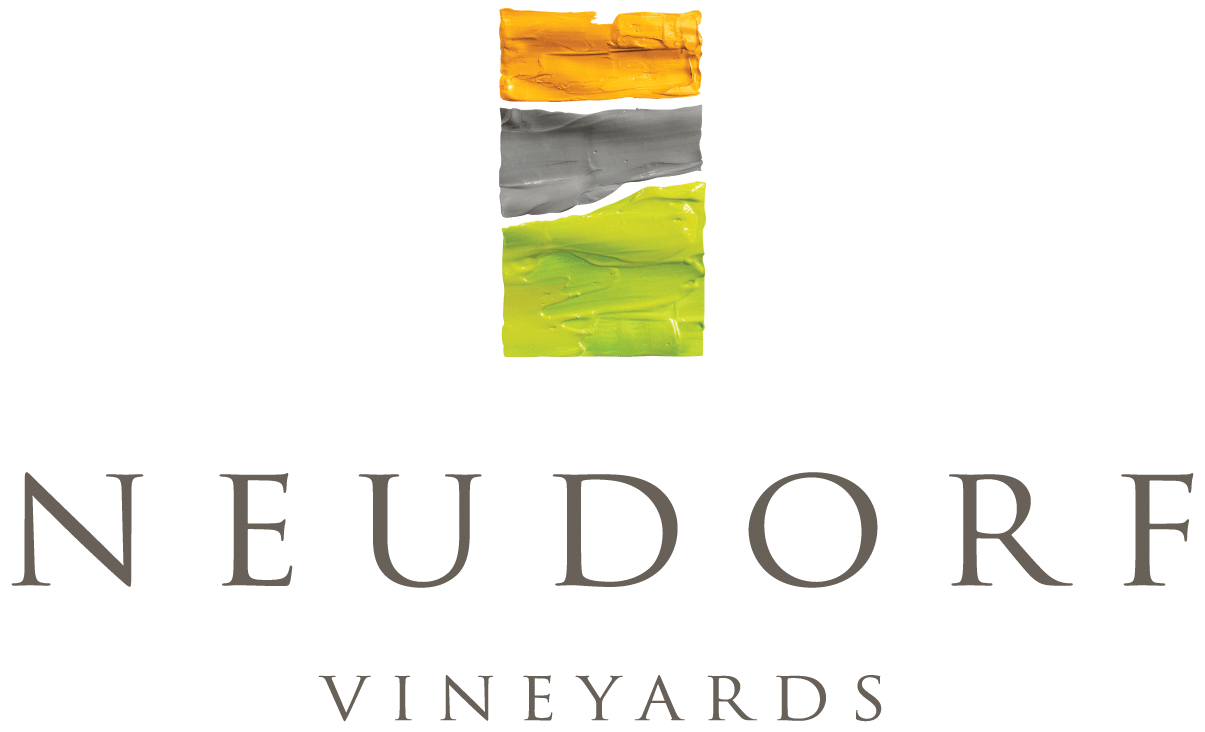Organics & Carbon Footprint
BioGro 5438 - Organically Certified
Organics are now the very heart of Neudorf. Our desire to tread gently is reflected in every decision we make.
All Moutere blocks are now either fully certified organic or in conversion. This ensures that Neudorf Moutere Chardonnay, Neudorf Moutere Pinot Noir, Neudorf Twenty Five Rows Chardonnay and Neudorf Moutere Riesling are all certified, and from 2019, Moutere Pinot Gris and Moutere Albariño also.
Full BioGro Certification is a three year process involving a stringent vineyard management plan and yearly audits. No synthetic fungicides or herbicides are allowed. Organic production focuses on pro-active vineyard management encouraging balance and harmony. Soils tests are required to prove any chemical residues in our soils are minimal. There is a huge focus on building healthy soils and encouraging strong vines that thrive in their environment.
Over the past four decades we have strived to encourage healthy wines with greater disease resistance, better fruit quality, greater site expression and ultimately fewer inputs. All our mature vines are dry farmed - the home vineyard has had no permanent irrigation for 40 years. We have seen the benefits of this approach during drought years when the vines withstood the full brunt of summer’s force
It’s not just about running an organic vineyard. It’s about running our business in the best way to protect our slice of the earth. This includes native plantings along the streambed, recycling food waste (chooks) rejecting polystyrene on all fronts, using recycled paper, composting our winery wastes, mulching the prunings back into the vineyard, reducing air travel, and returning jars and packaging to our suppliers. Our wine sent to private customers overseas uses wool protectors on each bottle. These are reusable as planters or hand puppets. Charmingly, they are based on a cover used to protect struggling lambs. As the lamb grows the wool simply dissolves into the soil.
We recycle the bottles and the screwcaps (they go to a charity to raise money for children’s dialysis). This effort is supported by the whole team. Small bikkies but it all adds up.
Compost
Compost conversations continue under the watchful eye of Stefan Brockley.
In earlier days our composting was based on adding bacterial broth to the covered pile under anaerobic conditions. Right now we’re increasing capacity and complexity to our composting with on-site wood chips. Adding some of the previous year’s compost brings the correct mix of fungi and a whole bunch of compost worms to kick-start the process.
We get some great tonka toys in to mix all of this, place it in a neat row, then cover with a plastic sheet and walk away. After a few weeks of hot composting and a quick turn to aerate and re-mix, the compost is left to mature, like a fine wine, for about a year. Finally we have a rich, black compost – and a million worms! We spread this on the vineyard, concentrating on areas of low fertility.
As our composting operation grows, our systems have evolved. We are developing a bigger, purpose built compost pad with improved ability to collect leachate and either spread this back onto the vineyard or re-wet our compost heap if it gets too dry. As the father of organic viticulture in New Zealand says, “Leachate is the white corpuscles of the vineyard and should not be wasted”.
Our other composting operation comes in the four legged form. Over winter our small flock of Suffolk sheep is reinforced by a larger mob of neighbouring Romneys. Together they do a great job of keeping the pasture in check while completing their own composting. They mow and fertilise for free, returning nutrients back to the vineyard. They do all this without the need for multiple tractor passes, thus reducing both compaction of the winter soils, and carbon emissions from our tractor.

Carbon Footprint
As well as organics, the effort to leave our piece of dirt in a better state than what we found it reaches far beyond the confines of our farm.
We have been working with EKOS in an effort to lower our carbon footprint across the board. This includes moving all of our production to lightweight glass (which means there is less carbon used to get the wine to your table), a new electric forklift, an EV charging station for customers to use and most recently the addition of solar panels to the North facing roof line. These solar panels produce enough power for us to run off the sun - which we think is pretty wonderful.
Nelson is famous for its long sunshine hours, so we thought it was high time we harness that.

